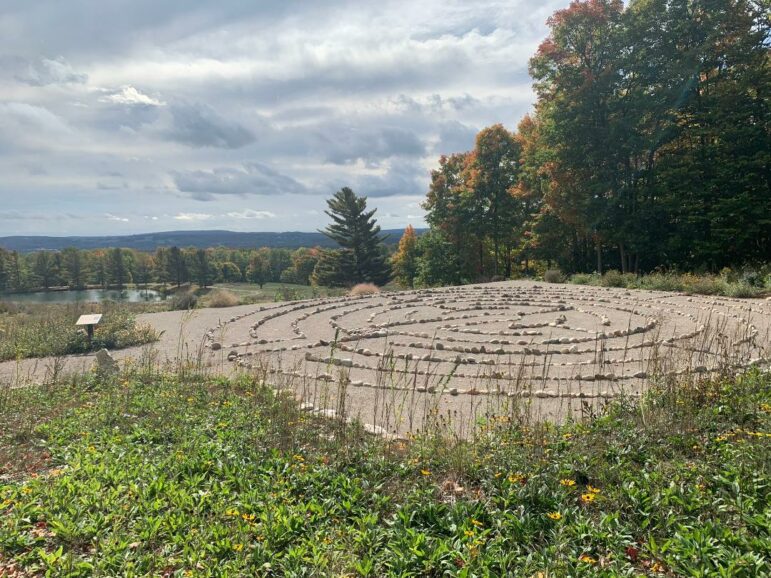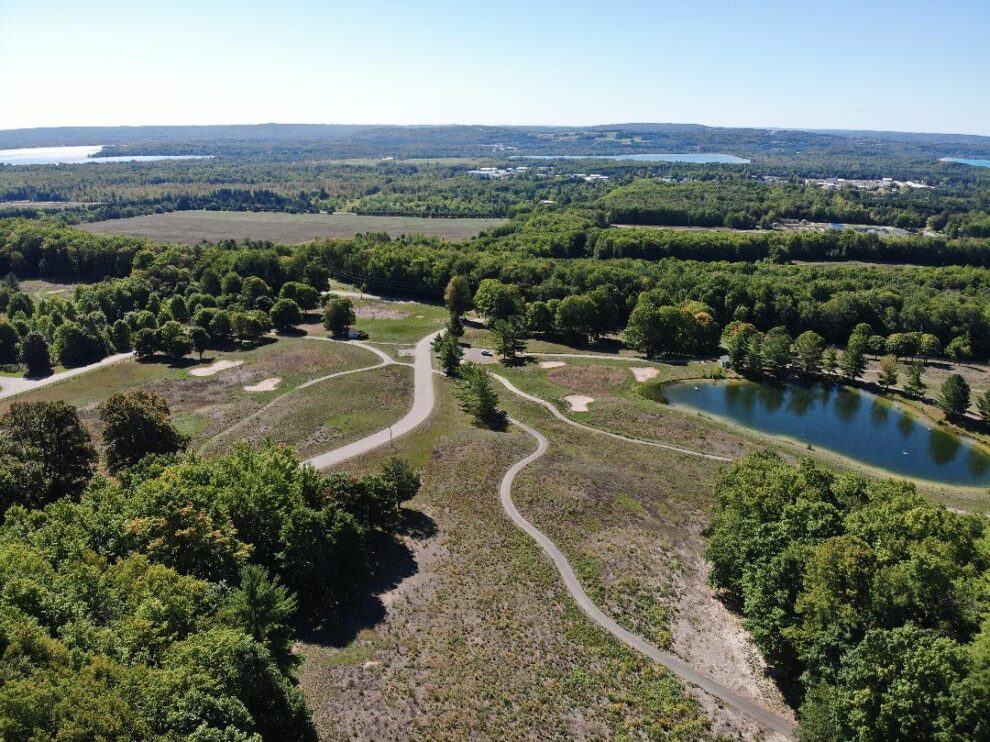LANSING – Northern Michigan is home to two unique land preserves, one in Harbor Springs and the other in Traverse City – both originating from golf courses.
Since 2000, around 50 golf courses across the state have closed and been repurposed for other uses such as growing crops and housing developments, according to Bridge Michigan.
Golf has strong ties to Michigan, with around 650 courses. Enthusiasts have nicknamed it “America’s Summer Golf Capital,” according to The Travel Magazine.
Over the years, the sport has faced backlash about the environmental effects of the courses.
To establish a course, trees and plants sometimes must be removed, and large amounts of water are needed to keep the turf grass green, according to Green Matters, an organization focused on environmental awareness.
Repurposing golf courses is a trend that is sweeping the nation, as the number of course closures has outnumbered new openings every year since 2006, according to the National Golf Foundation.
Experts say the major reasons for closures include financial problems, internal politics and the fact that the land could have more profitable uses.
For the past three years, the Little Traverse Conservancy has worked at the Offield Family Viewlands in Harbor Springs to restore the land to its natural state, said Anne Fleming, the organization’s director of communications and outreach.
In 2020, the conservancy purchased the 280-acre property that used to be Little Traverse Bay Golf Club, with financial help from the Offield family.
“We were fundraising for the purchase of the property and we raised enough money to do tree planting and get rid of the turf,” Fleming said. “All the golf cart paths have been converted into 5 miles of walking trails.”
Once the conservancy purchased the property, it halted irrigation and all the green plants began to die. Several years later, however, the natural grass and meadows are growing again, Fleming said.
The site offers year-round recreation, with sledding hills in the wintertime and miles of bike trails.
Over an hour south in Traverse City lies another transformed piece of land, the Mitchell Creek Meadow Preserve.
Owned by the Grand Traverse Regional Land Conservancy, this 225-acre property used to be Mitchell Creek Golf Course.
It’s been undergoing restoration, according to the conservancy. Staff and volunteers are working on improving water quality in the Mitchell Creek watershed, as well as replacing invasive plants with native greenery.
The preserve is home to wetland habitats and forests. The .75-mile Looyenga Family Trail is accessible with boardwalk sections to protect delicate nature areas, according to the conservancy.
The site holds the conservancy’s main office and conservation center.

Source : news.jrn.msu.edu






































